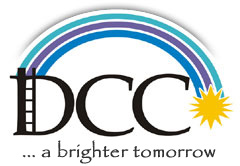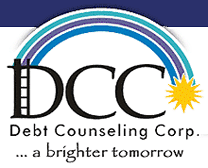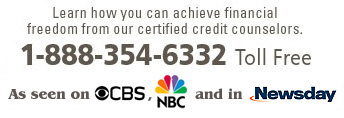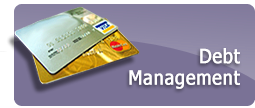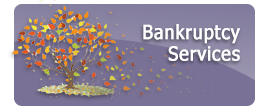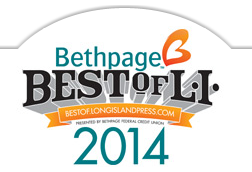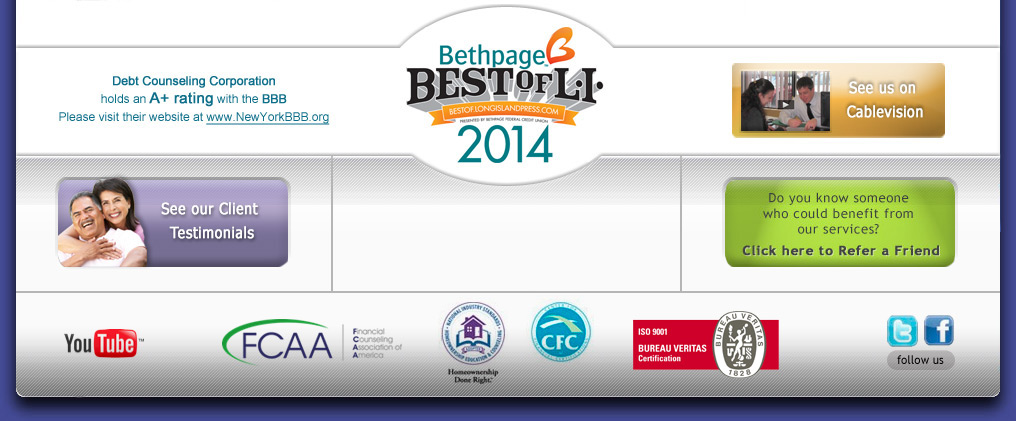Debit Cards
A debit card is a plastic card that you can use to purchase goods or services. Instead of writing a check, you use your debit card, and the cost of the purchase is immediately taken out of your checking account. A pure debit card will require you to enter in a PIN (personal identification number) in order to complete the transaction.
There is no doubt that debit cards, also known as ATM (Automatic Teller Machine) cards, are a modern convenience. However, they can also be quite costly.
The Risks of Debit Cards
- Unless you are diligent about recording each and every transaction in your check register, it is easy to spend more than you realize and overdraw your checking account, incurring late fees and bounced check charges.
- There are more and more fees associated with using your debit card to purchase goods and services. Often the store will charge a fee for the convenience. Sometimes your bank will charge you a fee for the convenience. Often you end up paying two fees. Is that really convenient??!! These fees vary from store to store and so are difficult to track.
- There are more and more fees associated with using your debit card to get cash out of an ATM (Automatic Teller Machine). If you use an ATM that is not affiliated with your bank you will get charged a fee by that ATM company. Also, your bank will charge you a fee if you use an ATM that is not theirs. These fees vary from ATM provider to ATM provider and so can be difficult to track.
- Most banks now issue debit cards with a MasterCard or Visa logo on them, which means they can act as a credit card. This means that you are not required to enter your PIN at the time of the transaction. If your card is lost or stolen, any thief can swipe your card all over town, draining you of all your money that you had in your checking account. If you have overdraft protection on your checking account, the thief can tap into that too.
- Though they act like a credit card, you are not afforded the same protections when using a debit card. Credit cards are protected under the Fair Credit Billing Act. The consumer has the right to withhold payment on goods and services that were damaged or of poor quality. Not so with debit cards, which take the money out of your bank account immediately upon use, This means that the merchant already has your money, before you have an opportunity to realize something is wrong with the item purchased. This means that you have less leverage to try to get your money back or a replacement for the damaged purchase.
- Under the Electronic Fund Transfer Act there are some federal protections for the consumer whose debit card is lost or stolen.
- If you act quickly and notify your bank within two days of noticing your card is missing, you will only be responsible for $50 worth of goods and services purchased unlawfully.
- If you contact your bank between 3 and 60 days after your debit card was lost or stolen, you will likely be liable for $500.
- If you simply are unaware that your card has been lost or stolen and don’t contact your bank until after 60 days, you are liable for the entire amount of goods and services purchased unlawfully.
Currently the banking industry has voluntarily capped liability to $50 for consumers whose debit cards were lost or stolen, no matter when they contact the bank. But this is not required of them, and one or more banks could decide to abandon this generous policy at any time.
In this way, debit cards are significantly more risky than credit cards, which have a required cap of $50 if used unlawfully by a thief.
This is a secure website - your information will be encrypted. Click on the image below for more security information.
